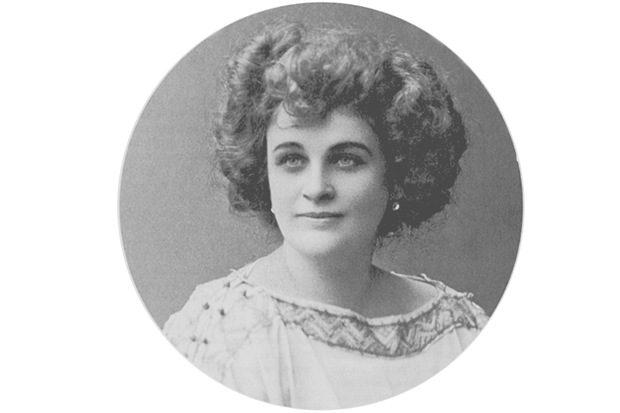‘Ah! Scrubbing the deck! My childhood dream! As a child I had once seen a sailor hosing the deck with a large hose while another sailor scrubbed away with a stiff, long-handled brush with bristles cut at an angle. I had thought at the time that nothing in the world could be jollier.’
This is Russian writer Teffi accepting her enforced labour on board a refugee ship fleeing Bolshevik Russia. Moments before, a dispossessed landowner has proclaimed his right to idleness — ‘Hire someone! Do whatever is necessary! If you prefer all this socialist nonsense, then what are you doing on this ship?’ A few notches below his social class but still otherworldly to the soldiers, shop assistants and seamstresses escaping Odessa, Teffi sidesteps their opprobrium by her eagerness to scrub. As long as she doesn’t have to gut fish like the other women, she comments more privately.
In Memories from Moscow to the Black Sea, written in Paris some ten years after the collapse of imperial Russia, Teffi (pseudonym of Nadezhda Aleksandrovna Lokhvitskaya) is by turns self-aware and disgusted by the refugee experience. The celebrated writer, frequently asked to recite some of her work by otherwise cynical, violent border guards, travels in a horse-drawn cart; sleeps in rooms with blown-out windows; contracts Spanish flu; is swindled by strangers; and once stumbles onto a riverbank where dogs nose along human remains.
These keenly perceived recollections of a desperate — at times nearly fatal — journey into exile combine moral revulsion with an odd sense of adventure. There is just so much to see and describe: one senses the author’s thrill as much as her quite genuine revulsion. And yet, the tone is never heart-on-sleeve Russian (Teffi is reminiscent of wistful Chekhov rather than furious Dostoevsky) and the sharpest moments are comical rather than cruel.
In one memorable passage, she witnesses different women running to get their hair done or to buy medical gauze to make dresses, while their men lose their heads (in both senses of the phrase). ‘O sweet and eternal femininity!’, Teffi exclaims, imagining that even during Pompeii’s last minutes, there had been women hurrying to fit in a quick pedicure.
Written in 31 short chapters, rich in anecdotes and character sketches of everyone from military officials (one wearing a glorious greatcoat, spoiled by a large bloody hole in its back) to downtrodden peasants, Memories has a markedly differentiated tempo. The first chapters, narrating the flight from Moscow to Kiev and Odessa, are fast-paced. The style is clipped; the atmosphere frenzied; the Ukrainian and German soldiers hostile. Though there is humour, mostly from Teffi’s self-appointed guide Gooskin (a shady, eternally optimistic character who interrupts one discussion to ask if his charge would like to buy some top-quality carpets — not exactly a refugee’s first concern), it is fear that stalks these pages.
The story of the Black Sea, however, is much slower. Anxiety still creeps in about to behave on board a steamer full of strangers, but the terror has gone. The style turns open-ended; the atmosphere nostalgic; the ship’s commanders demonstrate uncertainty rather than a will to power. The refugees remain determined to cut their ties with Russia, but many now talk of a temporary break only. Teffi leans over the ship’s side, not gazing toward promised safety but back at Moscow’s theatres and Petersburg’s brightly lit drawing rooms.
Extraordinarily, a century on, this is the first English translation of Memories. Pushkin Press deserves our thanks for bringing Teffi to a much wider audience. Whether sending herself up, ironising horrific events or holding strangers at bay with non-committal gratitude, Teffi has in fact long been one of the most British of Russian writers.






Comments